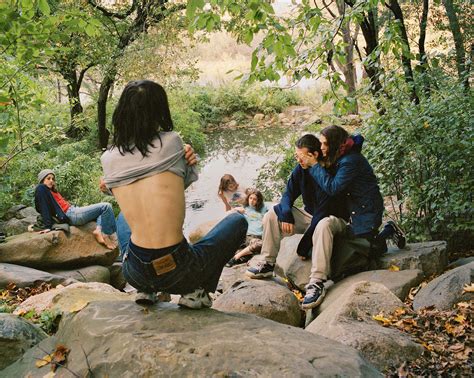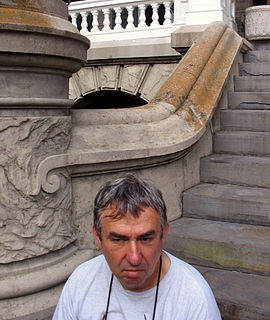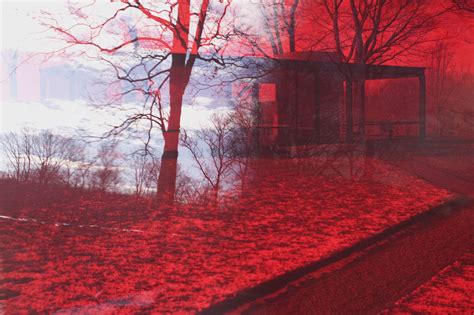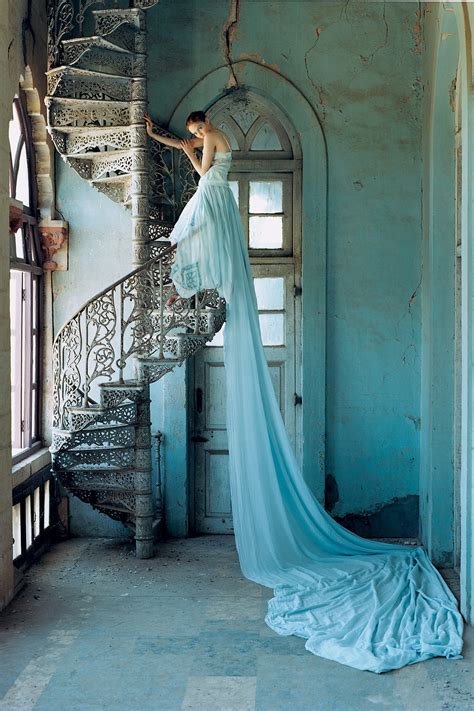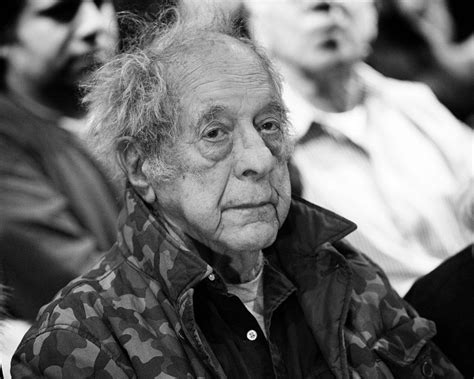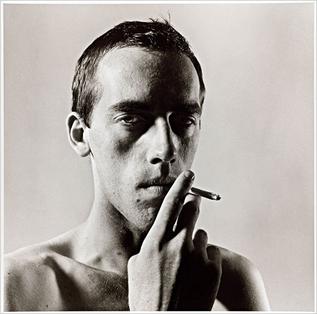A Quote by Justine Kurland
There's this way that photography is always about going out searching. I'm not the kind of a photographer who can photograph my home.
Quote Topics
Related Quotes
"You know you are seeing such a photograph if you say to yourself, "I could have taken that picture. I've seen such a scene before, but never like that." It is the kind of photography that relies for its strengths not on special equipment or effects but on the intensity of the photographer's seeing. It is the kind of photography in which the raw materials-light, space, and shape-are arranged in a meaningful and even universal way that gives grace to ordinary objects."
I've never been the type of photographer to live with people I photograph. You know, shoot heroin with them, that kind of thing. I respect those photographers that work that way. But part of my personality is a certain amount of distance, and part of my attraction to the medium of photography is this distance where you're in the world, but you're removed from it.
One of the magical things about photography is the transformation that takes place when you photograph something. Something that inherently has very little going for it in terms of the interest you take in it, can become infinitely more interesting when rendered as a photograph. It's no longer a building. It's a photograph.
The way in which the photograph records experience is also different from the way of language. Language makes sense only when it is presented as a sequence of propositions. Meaning is distorted when a word or sentence is, as we say, taken out of context; when a reader or listener is deprived of what was said before, and after. But there is no such thing as a photograph taken out of context, for a photograph does not require one. In fact, the point of photography is to isolate images from context, so as to make them visible in a different way.
I never had any intention nor interest in being an artist, but when I made work I realized that this was my language. What I had to say needed to be said in this way. I always loved taking photographs - but never considered myself a photographer. I have tremendous respect for photographers. I do use a camera and a photo as a basis for a lot of my work, but I use it as a means to attain an image to work from. The actual photography in my work is a monochromatic photograph. I'll photograph something and extract a color that will then be the background for a painting.
A photograph records both the thing in front of the camera and the conditions of its making... A photograph is also a document of the state of mind of the photographer. And if you were to extend the idea of the set-up photograph beyond just physically setting up the picture, I would argue that the photographer wills the picture into being.
To us, the difference between the #? photographer as an individual eye and the photographer as an objective recorder seems fundamental, the difference often regarded, mistakenly, as separating photography as art from #? photography as document. But both are logical extensions of what photography means: note-taking on, potentially, everything in the world, from every possible angle.
The question is not whether a picture is good, in some formal, technical sense, but, does it mean what I need it to mean? Writers can edit sentences that may be well-crafted but that don't express an intended thought. But in photography, there are no revisions: A photograph is in or it's out, and the photographer must live with the consequences of his or her choices.
